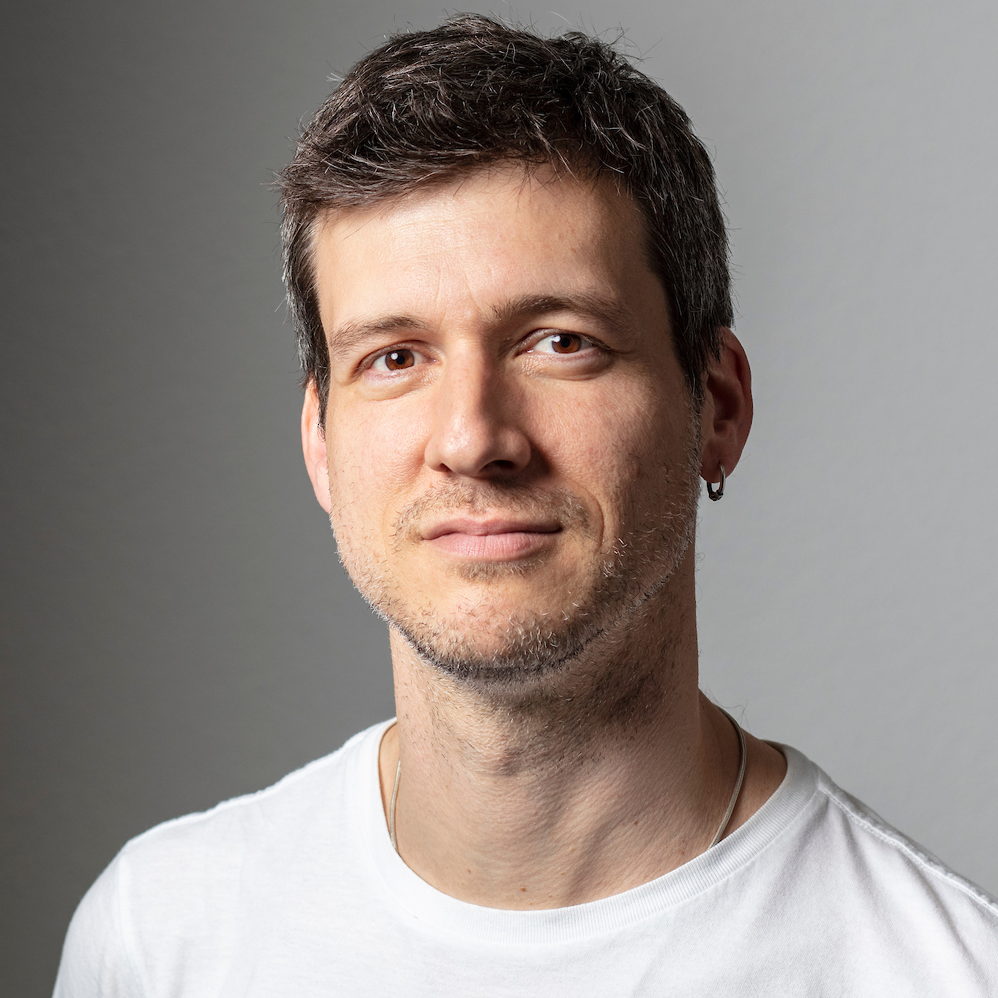
When political education begins with the army
It may come as a surprise to learn that political education is a challenge even in Switzerland with its highly developed system of direct democracy. Nevertheless, the subject has a long history starting in 1875 with the young recruits of the early Swiss army.
In the Swiss Social ArchivesExternal link office in Zurich: Stefanie Marolf sifts through old newspapers. The historian wants information on the changes in political education in Switzerland. What she notices is that political education, formerly called “patriotism” and with a martial bias, was once very important, before sinking in relevance. This hinged on the political climate both at home and abroad.
For example, the emergence of anti-democratic ideology abroad in the lead up to the Second World War aroused a strong desire for political education in Switzerland. But first the political masters needed to know what young men knew about their fatherland. And what they did not know.
The broadest cross-section to test were recruits sitting exams before joining the Swiss militia, a system that started in 1875. It was a challenge that all young men in Switzerland had to face, before such exams were abolished in 2000.


























You can find an overview of ongoing debates with our journalists here . Please join us!
If you want to start a conversation about a topic raised in this article or want to report factual errors, email us at english@swissinfo.ch.